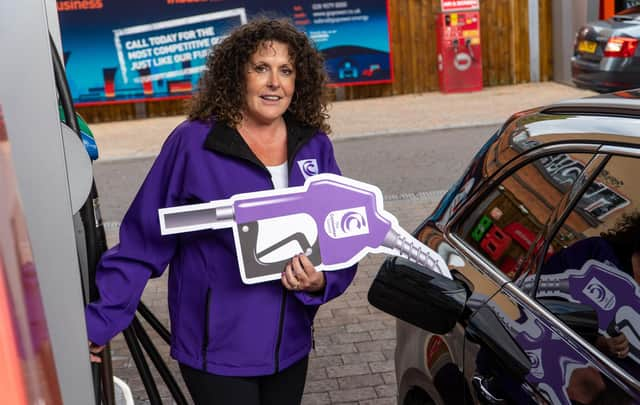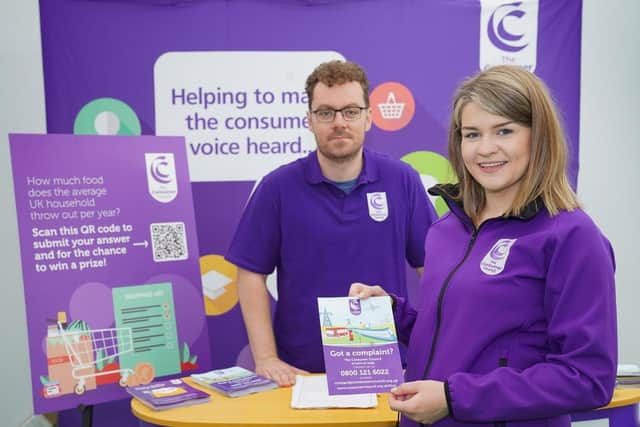Tools and tips to save money on your household bills


Switch gas and electricity supplier and save
Switching supplier can be quick, easy and hassle free. There are over 20 electricity tariffs available so switch and save to keep your costs as low as possible. The Consumer Council has a free energy price comparison tool on its website that compares all available tariffs in one place. All its website addresses are available at the end of this article.
Are you paying more than average for your home heating oil? Each supplier will have their own price – so shop around as there is money to be saved. Every week the Consumer Council survey prices from around 70 home heating oil suppliers across Northern Ireland and publish the results of the cheapest, average and most expensive prices for 300 litres, 500 litres and 900 litres in an interactive tool on its website.


Save on your travel costs
Driving can be expensive with the rising cost of fuel so take steps to try and make savings whenever you can. You can shop around for the best deals on the current cheapest fuel prices using the Consumer Council’s free Fuel Price Checker Tool.
Eat well and still save money on food
Have you noticed you are paying more now for your weekly food shop than last year? Planning your meals before you go shopping is key. It will help you control your budget and stick to your shopping list. You can also use up leftovers for lunch the next day as another great way to save yourself time and money. If you remember your bags for life, they can save you a few pennies – and the environment too.
During your shopping trip there is also lots you can do to save money. If you normally buy premium brands, try shifting to a ‘regular’ brand or supermarket own brand. Not only are they cheaper, they are often healthier too. Another good tip is recognising the ‘best before’ date. This is for guidance and food after this date is still safe to eat, it just may not be as good a quality. And finally, do not assume offers are good deals. Always look at the price per unit and work out which represents the best value for money.
Staying safe from scams
With the rising cost of living, the last thing you need is to be scammed. There are many different types of scams out there at the minute, but the aim is always the same – to take your money and personal information. Scams can come in many forms including phishing emails, text or Whatsapp messages, cold-calls, online and even on your doorstep.
Scams are constantly evolving so the best way to stay protected is to be aware of potential signs and tricks scammers may be using. The Consumer Council’s website has lots of tips and advice on how to spot, stop and report scams. If you suspect a scam or have been scammed contact the PSNI on 101 (or 999 in an emergency) or Action Fraud on 0300 123 2040.
Taking control of your finances
Are you guilty of losing track of your spending from day to day? The Consumer Council’s online interactive budgeting tool can help your household get a handle on spending and identify areas where you can save money. It has examples of what typical households in Northern Ireland are spending so you can compare.
In cases when your everyday costs increase but your income does not, or when you have to borrow to service an existing debt, you may need financial help. The Consumer Council’s website has a resource of agencies that offer free, independent consultation and advice.
More help and advice
The Consumer Council’s website has a number of free resources where you can save some money. For tools and tips mentioned in this article, visit the links below:
Online tools: www.consumercouncil.org.uk/onlinetools
Save money tips: www.consumercouncil.org.uk/costofliving
Financial advice: www.consumercouncil.org.uk/truecost
Scams tips: www.consumercouncil.org.uk/scams
Are you unable to access these? Call the Consumer Council on Freephone 0800 121 6022 or email [email protected]. You can also find us on Facebook, Twitter and Instagram